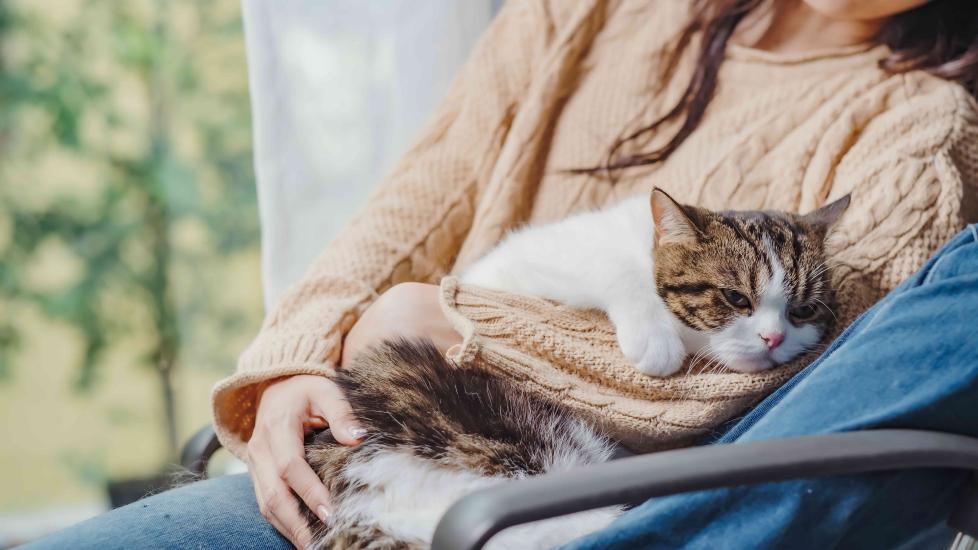 Navigating the Stomach Woes of Our Feline Friends – Addressing 7 Common GI Issues in Cats
Navigating the Stomach Woes of Our Feline Friends – Addressing 7 Common GI Issues in Cats
Introduction:
Cats, with their regal grace and independent natures, can sometimes leave us scratching our heads when it comes to their digestive health. As pet owners, we strive to provide them with the best care possible, but understanding their gastrointestinal (GI) needs is a crucial part of that journey. In this article, we’ll delve into seven common GI problems faced by cats, offering insights on how to recognize these issues early and implement strategies for maintaining your feline companion’s digestive well-being.
-
Constipation:
One of the most prevalent GI complaints in cats, constipation often manifests as straining during elimination or infrequent bowel movements. Causes may include dehydration, inadequate fiber intake, or underlying medical conditions such as hyperthyroidism. Management typically involves increasing water consumption, adding high-fiber foods like pumpkin puree to meals, and possibly using stool softeners under veterinary guidance. -
Diarrhea:
While occasional loose stools are normal after dietary changes or stress, persistent diarrhea can indicate an array of concerns. Parasites, inflammatory bowel disease (IBD), food allergies, or infections could be at play. Regular fecal exams and dietary adjustments may help identify and address the root cause effectively. -
Pancreatitis:
This inflammation of the pancreas is characterized by abdominal pain, loss of appetite, vomiting, and lethargy. It can be acute or chronic, and prompt treatment is essential to prevent severe complications. A low-fat diet and supportive medications might be recommended based on individual cases. -
Hairballs:
A grooming side effect, hairballs can lead to uncomfortable stomach upset if not managed properly. While they’re usually passed through the digestive system naturally, excessive fur ingestion can result in vomiting, decreased appetite, and even intestinal blockages. Regular brushing and hairball remedies can reduce the risk of these occurrences. -
Food Allergies/Intolerances:
Identifying and avoiding specific ingredients can alleviate GI distress caused by allergic reactions or intolerances. Symptoms range from mild discomfort to more serious conditions affecting absorption and nutrient balance. Your veterinarian might recommend dietary trials to pinpoint problematic foods. -
Intestinal Obstructions:
Foreign objects, swallowed toys, or other items can become lodged in the cat’s digestive tract, causing extreme pain and potentially life-threatening symptoms. Prevention is key; keep small items out of reach and monitor your cat’s chewing habits. Early detection via X-rays can guide emergency intervention. -
Lactose Intolerance:
Many adult cats lack the enzyme necessary to digest lactose, leading to gas, bloating, and diarrhea after consuming dairy products. Providing a lactose-free diet or steering clear of cow’s milk can significantly improve gut comfort.
Conclusion:
By being vigilant about signs of GI trouble, consulting with your vet regularly, and making informed dietary choices, you can support your cat’s overall health and happiness. Remember, each feline is unique, so what works for one may not work for another. Staying attentive to your pet’s behavior and preferences will ensure you’re providing the optimal environment for a contented, healthy kitty.
